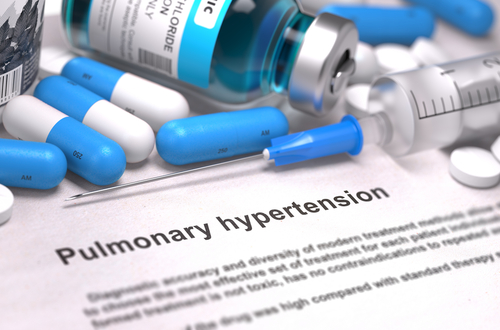Laparoscopic gastric bypass and sleeve gastrectomy in obese patients improves pulmonary hypertension in the short term, according to the findings of a recent study published in the journal Surgical Endoscopy.
Case reports have suggested that bariatric surgery improves pulmonary hypertension (PH). To evaluate this assumption, in the study entitled “Improvement in severe pulmonary hypertension in obese patients after laparoscopic gastric bypass or sleeve gastrectomy,” Denise Gee from Department of Surgery, Massachusetts General Hospital in Boston, Massachusetts, and colleagues conducted a retrospective, case-control investigation to assess the efficacy and safety of bariatric surgery in patients with obesity severe PH.
Researchers identified 10 patients with PH who had undergone either LSG or laparoscopic Roux-en-Y gastric bypass (LRYGB) between 2008 and 2013. A comparison cohort was identified of patients with PH and morbid obesity that did not undergo bariatric surgery (n = 10).
At baseline, these two groups were comparable in mean BMI, proportion on supplemental home oxygen therapy, and number on diuretic medication. However, the control group was significantly older, and there was a non-significant trend toward more control patients requiring advanced vasodilatory therapy at baseline.
Results revealed that more patients who undertook bariatric surgery had pulmonary arterial pressure improvements, reduced or discontinued pulmonary vasodilatory therapy, and decreased diuretic necessities compared to the control group. After surgery, 75% of patients formerly on home oxygen discontinued therapy. Oxygen needs increased in 50% for the control group.
Excess body weight loss was superior in the surgical group. Although seven complications in five patients occurred in the first year post surgery, there were no deaths. The average inpatient length of stay was five days.
Based on the results, the researchers noted: “This study provides evidence that LSG or gastric bypass can favorably impact the clinical course of PH in the obese patient. In a specialized center, cardiopulmonary complications were infrequent, yet overall postoperative morbidity remained high in this medically complex patient population. Prospective, larger-scale studies will be required to understand the magnitude and durability of bariatric surgery as a treatment for PH and to define optimal selection criteria for surgical candidates in this high-risk patient population.”


